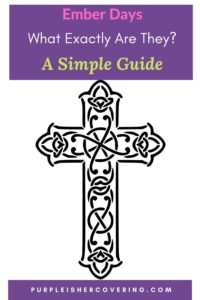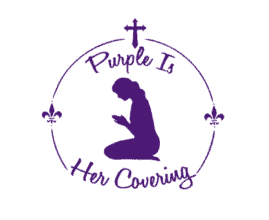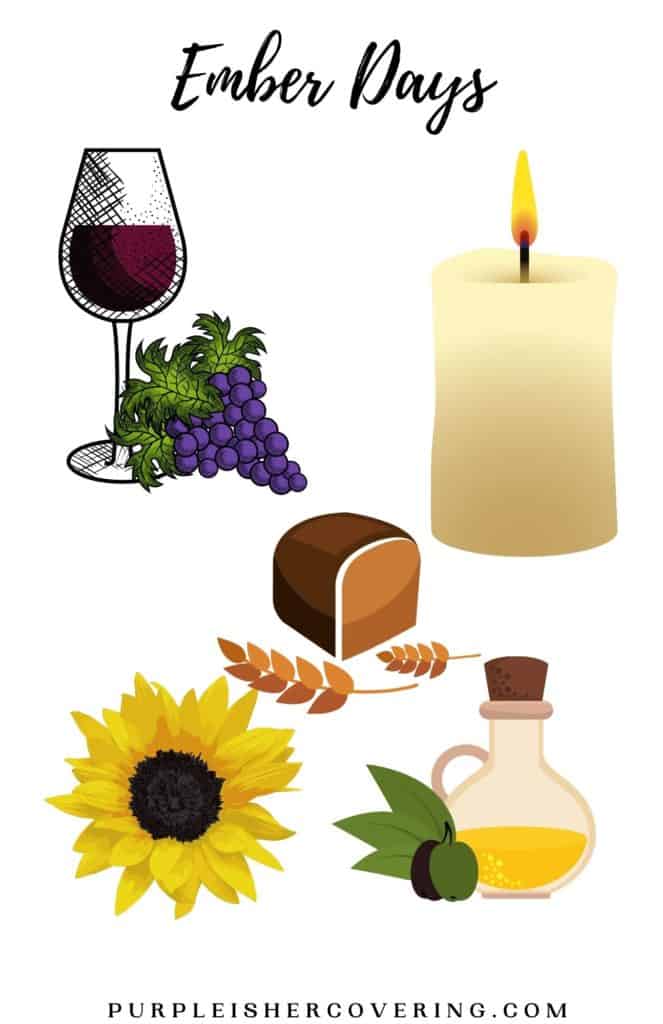If you are like me, perhaps you are a cradle Catholic who was never taught about Ember Days. I learned about them from my husband and as I transitioned to attending the Latin Mass, I wanted to learn more about them and when they occur so I could actually practice the customs on these days. There is a lot of information out there, but I created this guide to be a simple tool to learn about Ember Days.
Why are Ember Days important?
In the Latin rite, there are currently only two prescribed days of fasting in the liturgical year. However, until 1966, the Ember Days were included as obligatory days of fasting and abstinence. Ember Days are twelve additional opportunities to practice fasting throughout the year. Fasting helps you to detach yourself from worldly things, purify yourself, and offer up penance. These are opportunities to strengthen your relationship with God.
What exactly are Ember Days?
They are days of prayer, penance, fasting, abstinence, almsgiving, and thanksgiving for the new season. Embertide weeks also traditionally became the times set aside for priestly ordinations and thus are considered a time of special prayer for priests and vocations.
Funnily enough, the Ember Days have nothing to do with Ashes. It comes from the Latin words Quatuor Tempora meaning “four times.”
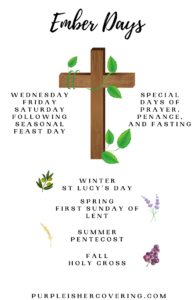
How did Ember Days originate?
They were feasts established by the church to santifiy the different seasons of the year and to extend the church’s practice of penance throughout the year. The church made Embertide weeks into celebrations to thank God for the seasonal harvest and pray for the crops.
What are the different seasons?
The focus of each season was a crop that could be used in the liturgy. Hence, winter the olive harvest, spring flowers and celebration of light, summer the wheat harvest, and fall the grape harvest. Olives for oil used in the sacraments, flowers and candles to decorate the church, wheat and grapes for the eucharist.
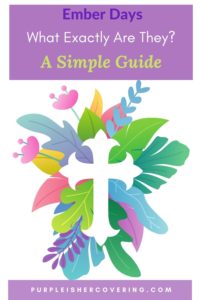
When are Ember Days?
They are a cluster of three days of fasting following four feast days: St Lucy’s Day, First Sunday of Lent, Pentecost, and Holy Cross. They occur on Wednesday, Friday, and Saturday after the feast; this is in remembrance of Christ’s betrayal, Wednesday, Christ’s crucifixion, Friday, and Christ’s resting in the tomb, Saturday.
This year, 2021, they fall on:
Feb 24, 26, 29
May 26, 28, 29
Sept 15, 17, 18
Dec 15, 17, 18
What should I do on these days?
Three basic things should be incorporated on these days though of course more can be done as described above.
- Extra prayer especially for the priests and vocations
- Abstinence from meat on Fridays and from all but the main meal on Wednesday and Saturday
- Fasting one full meal and two small snacks that don’t make up a meal (click here to read the full details and obligation throughout the year)
I hope this guide was useful in learning about Ember days and how to incorporate them into your liturgical living! Please share this post with others who might want to learn about Ember Days!
